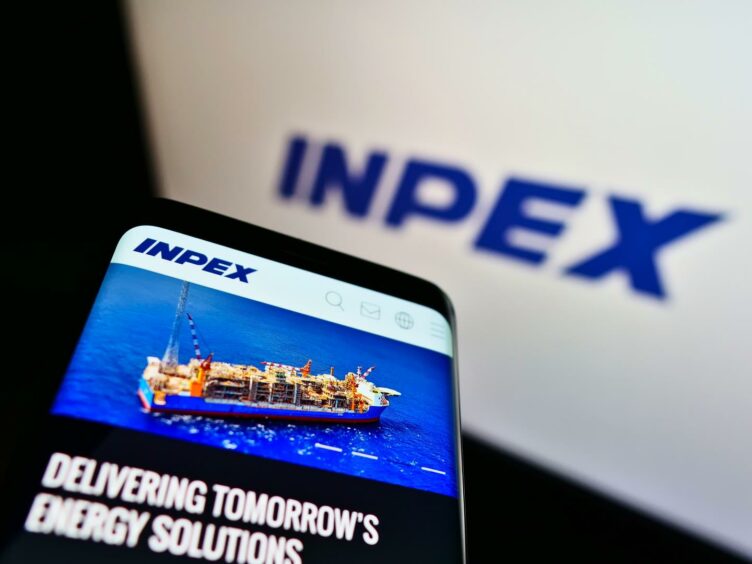
Japan’s Inpex and joint venture partner Shell have extended a memorandum of understanding (MOU) with Indonesian utility PLN concerning long-term liquefied natural gas (LNG) supply. They have also expanded the MOU to incorporate joint studies in hydrogen, as well as ammonia, and CCS in relation to the proposed Abadi LNG project at the Masela Block offshore Indonesia.
The MOU was signed at the Second Asia Green Growth Partnership Ministerial Meeting organised by Japan’s Ministry of Economy, Trade and Industry (METI) and held in Tokyo, Japan on September 26, 2022.
As announced on 20 February 2020, Inpex plans to supply LNG from Abadi to natural gas-fired power plants in Indonesia operated by PLN over the long term. Inpex thereafter signed an MOU with PLN to initiate talks on LNG sales and procurement and the parties have been conducting discussions based on the MOU, which was extended and expanded on Monday with a view to future collaboration in the fields of hydrogen/ammonia and carbon capture and storage (CCS).
“To make the project clean and competitive in service of the energy transition, INPEX and its partner are currently conducting a comprehensive study on the introduction of CCS and cost reduction. To make further use of CCS facilities, INPEX and its partner are considering the production of blue hydrogen and ammonia using natural gas produced from the project,” Inpex said in a statement.
“The scope of the MOU announced Monday includes conducting joint studies on supplying blue hydrogen and ammonia using natural gas produced from the project as co-firing fuel for thermal power plants in Indonesia that PLN owns and operates, as well as on the capture and transport of CO2 emitted from thermal power plants in Indonesia and the storage of this CO2 in the Abadi gas field. This initiative is expected to contribute to realising PLN’s achievement of net zero emissions by 2060,” added Inpex.
The joint studies outlined in the MOU is also linked to the Asia Energy Transition Initiative (AETI), a plan unveiled by the Government of Japan in 2021 that aims to help achieve sustainable economic growth and carbon neutrality in Asia through the energy transition, and the concept of “Asia Zero Emissions Community” that the Japanese government is aiming for.
The studies are expected to generate energy transition business opportunities including clean energy such as low carbon solutions and hydrogen and ammonia.
As outlined in its Long-term Strategy and Medium-term Business Plan (INPEX Vision @2022) announced in February 2022, INPEX aims to expand its 5 net-zero businesses, including developing a hydrogen business and promoting CCS as well as making its oil and natural gas business thoroughly clean. INPEX seeks to proactively engage in energy structure
reforms towards the realisation of a net zero carbon society by 2050 while responding to the energy demands of Japan and other countries around the world.
